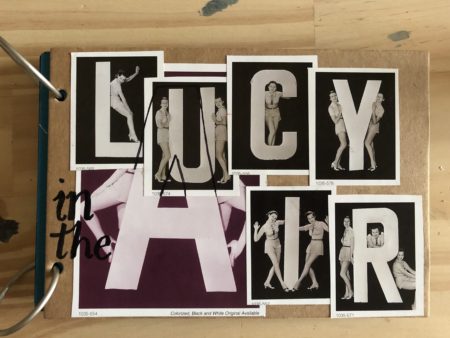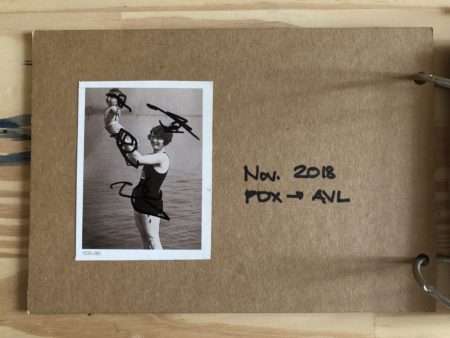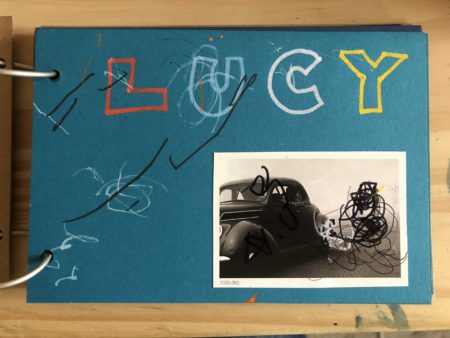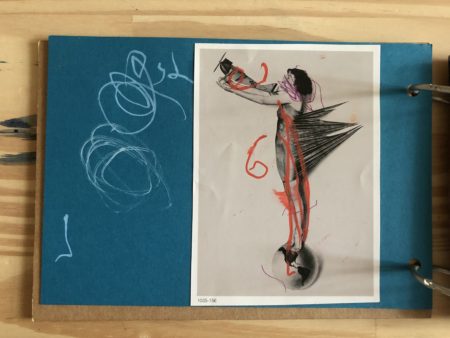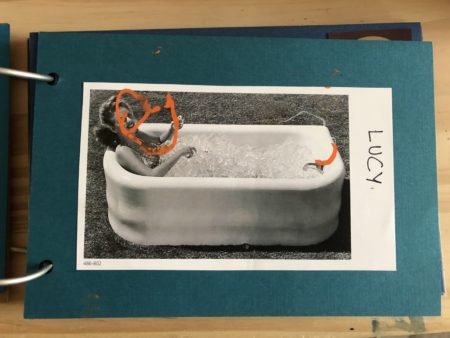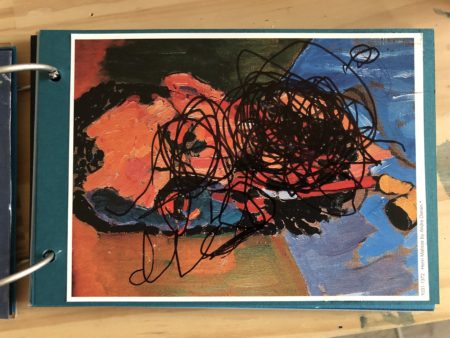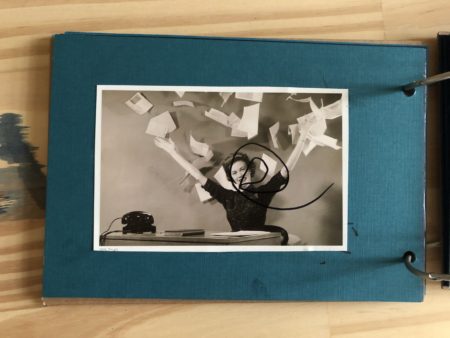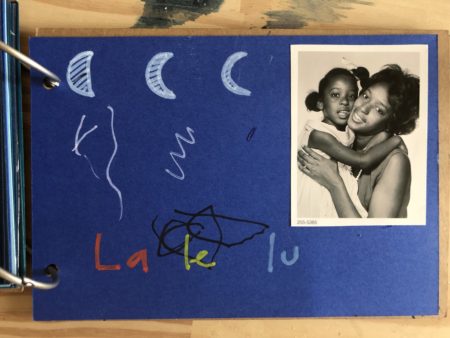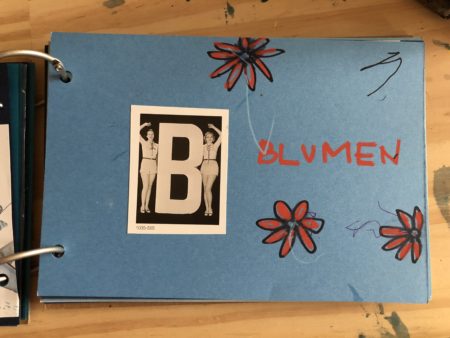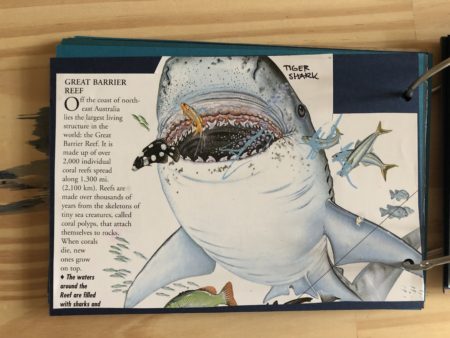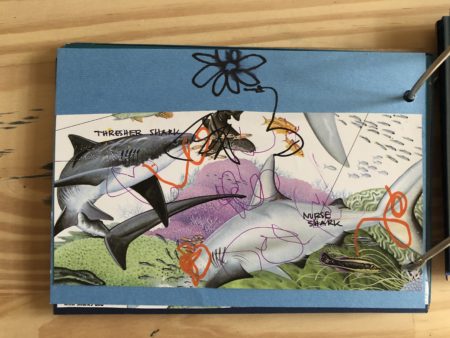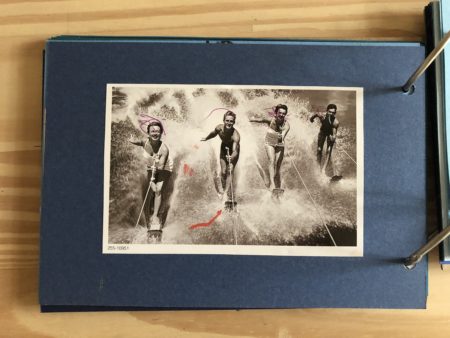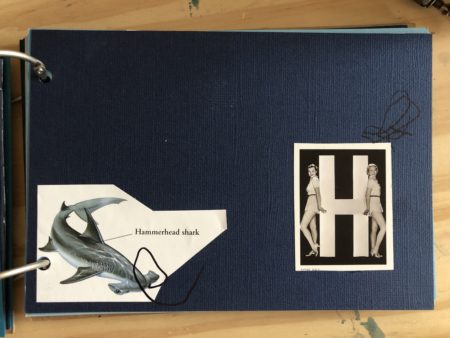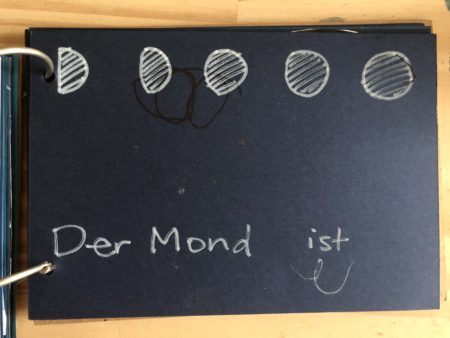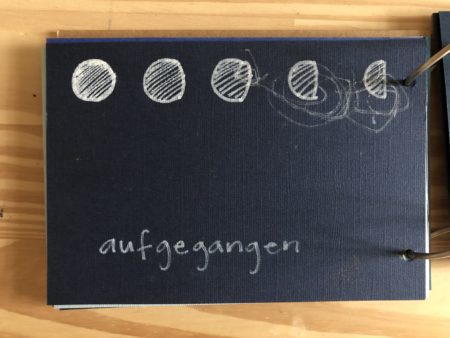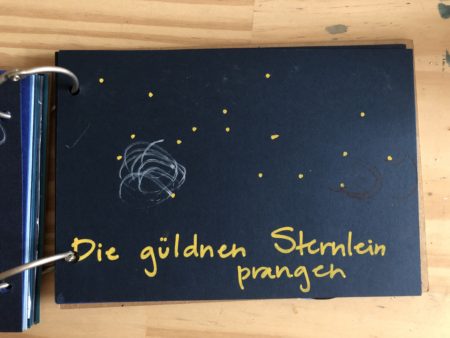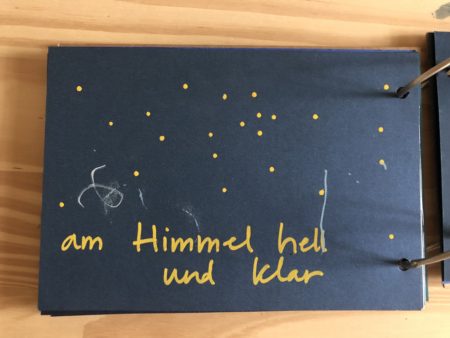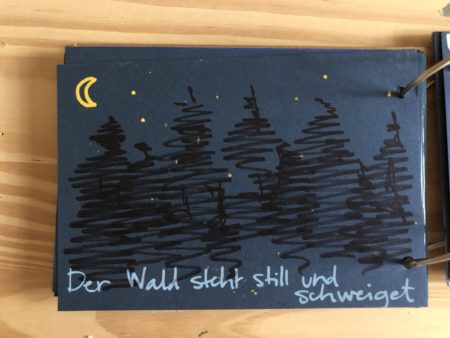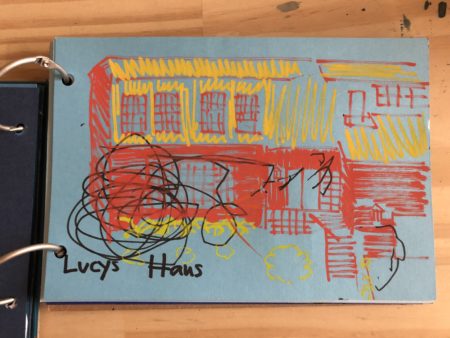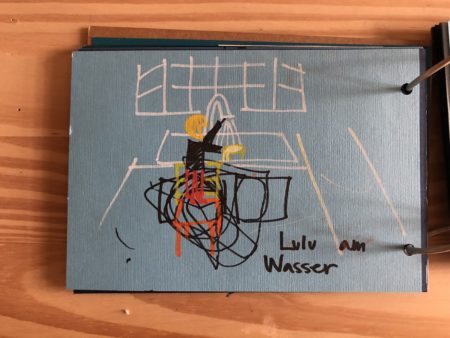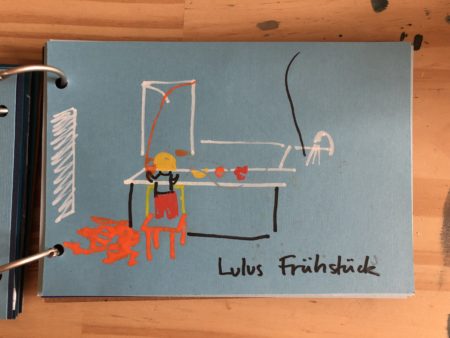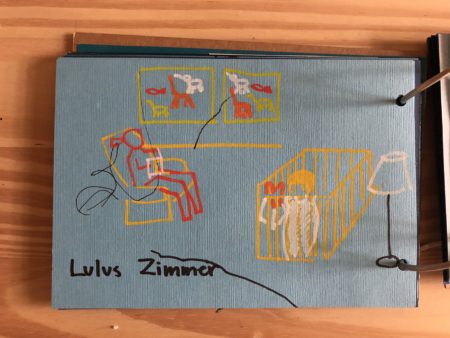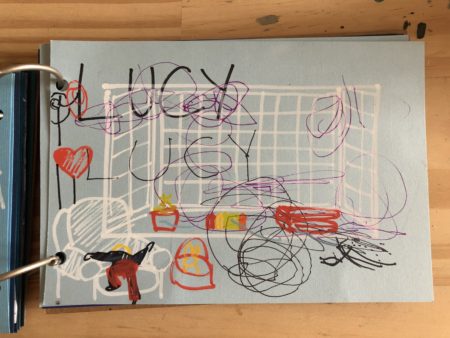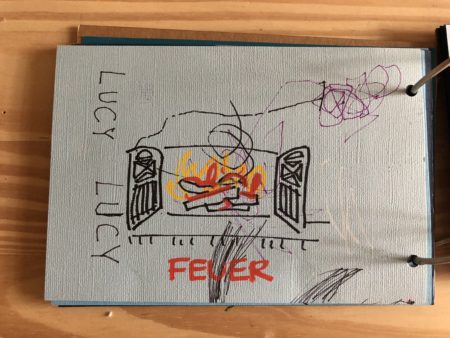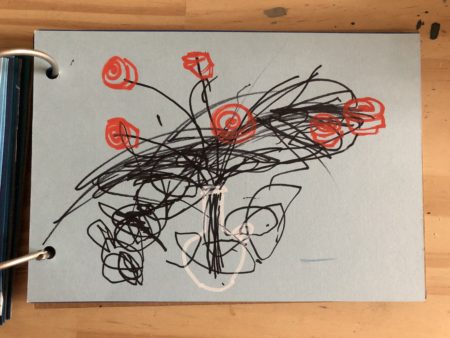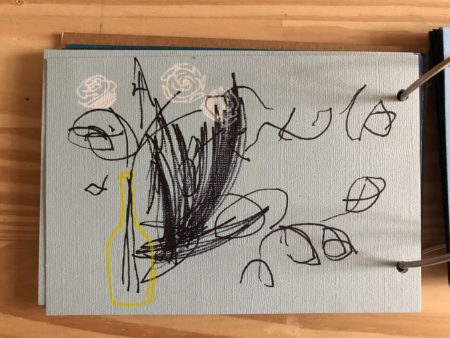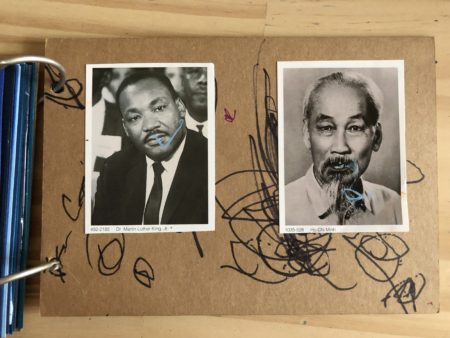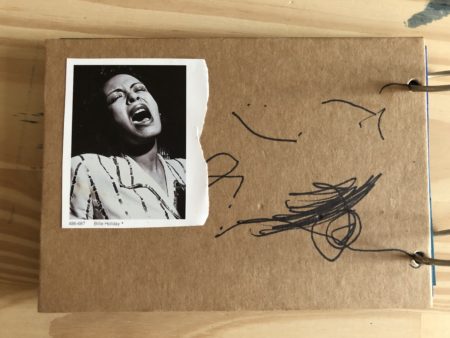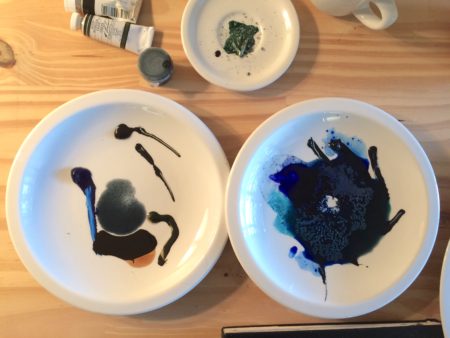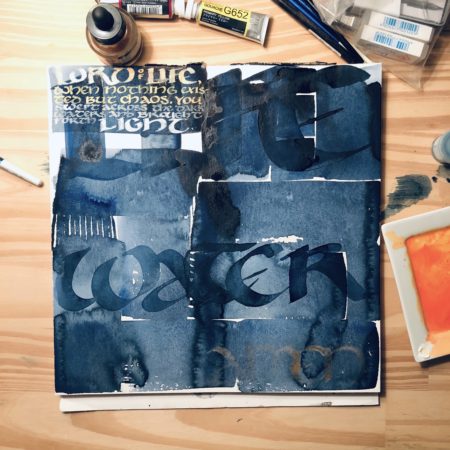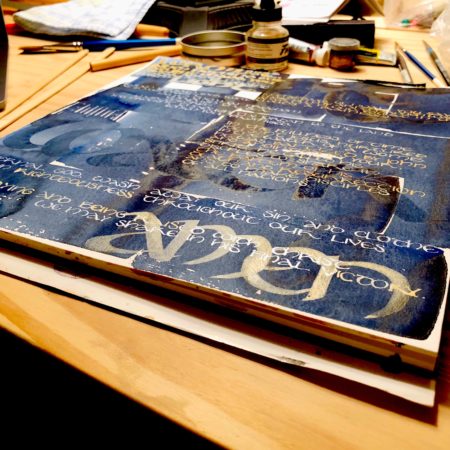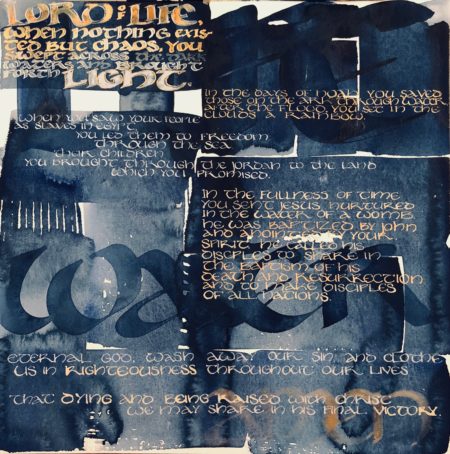Needs: Be Honest About What is Necessary
In the chaos of our lives just after the move, Jim, who is a software engineer, said we needed to run our lives in “safe mode” for a while. If you have had a computer that was not quite well, you may recognize the term: when something’s gone haywire in the machine, you can turn it off and reboot in safe mode, which runs only the computer’s core functions. It’s on, but just barely. Nothing is burning the machine’s cycles that is not essential.
I have a hard time coming up with a realistic “safe mode.” When I want something badly that is not on the “core functions” list, I slip it in instead of necessary things, which I assume will happen somehow, because they are necessary. But this is a dishonest way of living, and has its cost: I knew I needed that load of laundry run in order to be able to dress tomorrow, but I read a book instead. Now it is 11 pm, and I was right that laundry will happen because it has to; but what I did not acknowledge is that it is going to happen in place of sleep.
I put desires before needs because until I had attended to my desires, even the idea of safe mode felt like dying, like giving up on everything I cared about other than eating and sleeping. And in order to escape, I am tempted toward dishonest living. But once I have clear in my mind what I want, it is easier to say, Writing is what I want. I am going to pursue it. But right now we need food, and because Jim is the one making the paycheck we can live on, I am going to find us food. That does not mean I am giving up on the desire and the commitment to write. But it means that my next step in finding my way to a writing life is feeding us.
What are the things that must happen in your life? If you can come up with a core list of non-negotiables that would, in a good week, leave you a lot of breathing space, then you have a way of surviving in a week when illness or life explosions have sucked much of the air out of your life. And if you are a straddle-parent and work does not keep your lights on, it does not get a lot of air in a safe-mode week. But just as even the most minimal budget must include at least a token amount of “play money” in order to be survivable, so your list of core needs must include some amount of rest and of caring for your body and soul, and if work is part of caring for your soul, then find some tiny but meaningful things you can do that move it forward. (All this is assuming that your life is, though stretched, not in a situation of outright traumatic chaos like a war, hospitalized life-threatening illness, or sudden homelessness. Safe mode is your homemade guide for what to do with the control you do have over your life. Adjust as needed.)
It may be, in my above example about laundry and reading and sleep, that my sense of necessity was askew. Maybe what was most needed was that I sit down with that book and plan to do the laundry tomorrow. And order us more underwear, same-day delivery. Or wear the clothes in the Goodwill bag one more time. Or remind myself that I have never heard of anyone coming to serious grief by wearing underwear one extra day. Jim points out that there are usually more options than I am willing to acknowledge when I am feeling logistically overwhelmed.
